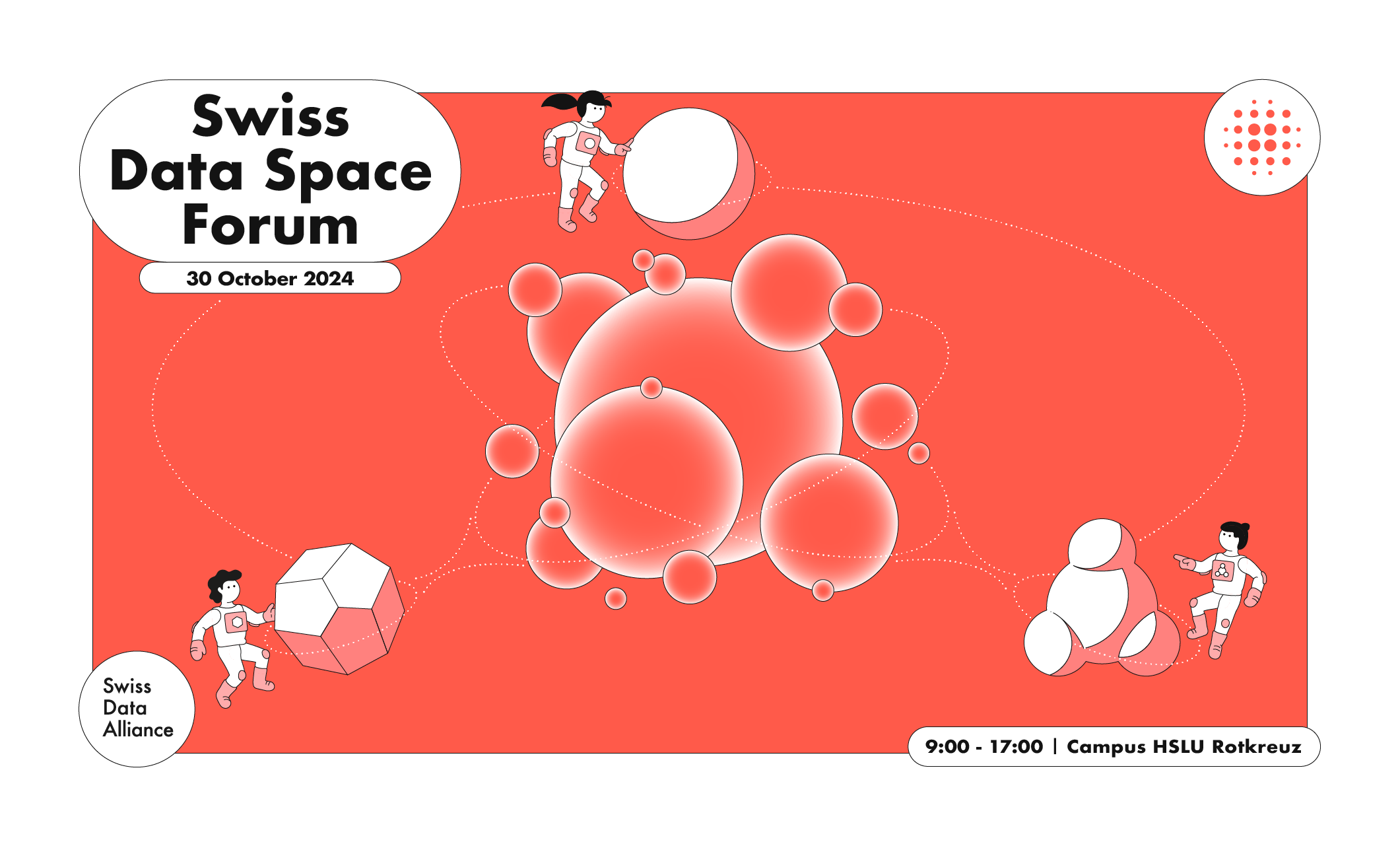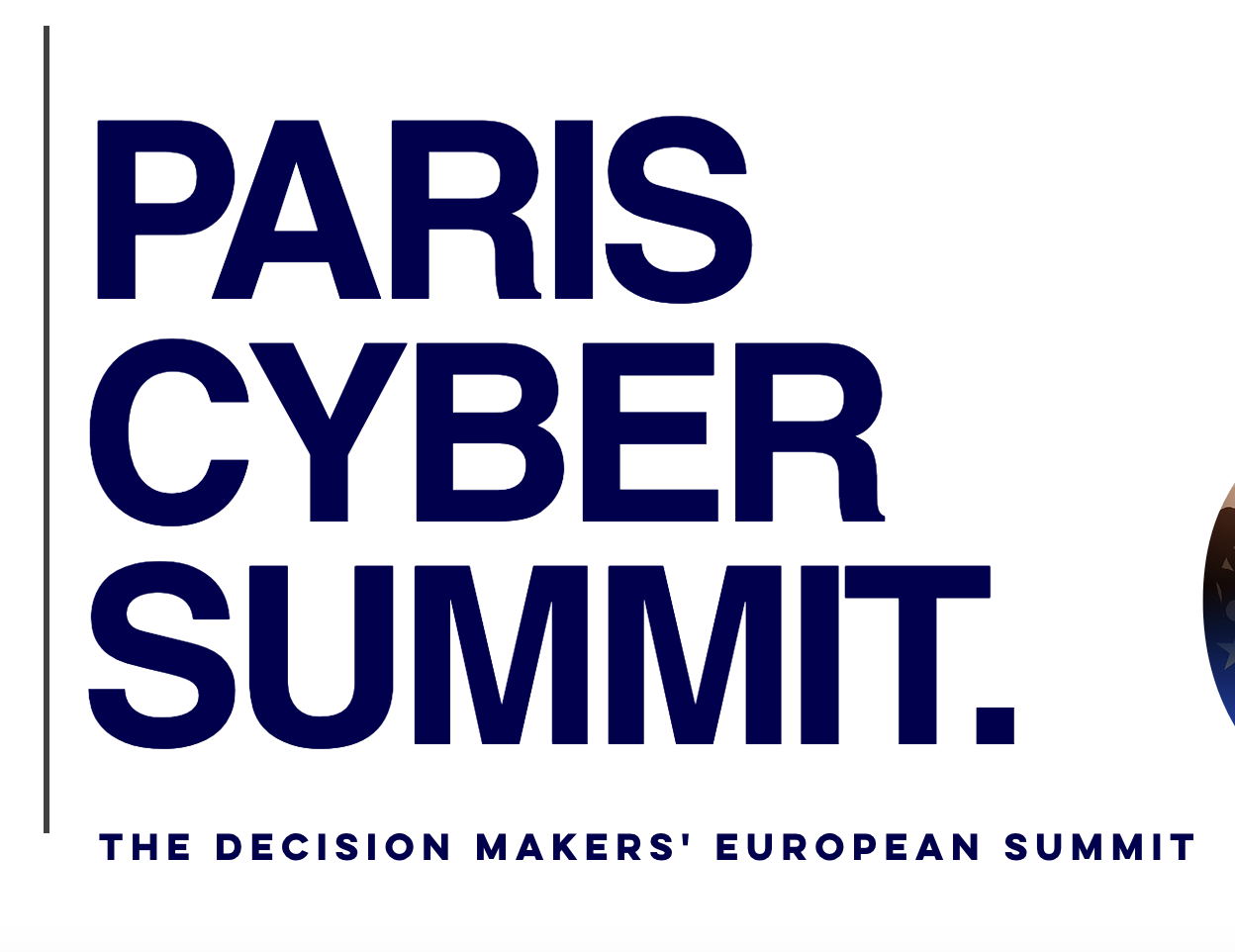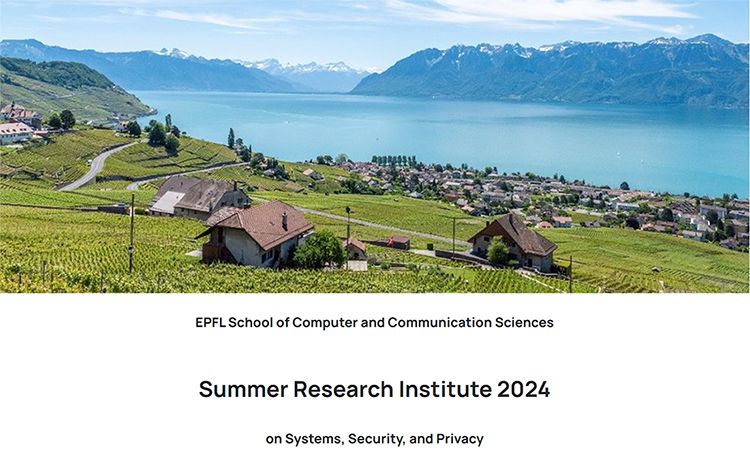“In the US, despite public skepticism and lack of trust, the crypto-currency industry is determined to assert its influence in Washington, spending record amounts on political campaigns. I find it interesting how they are giving the subject a prominent place on the political agenda, when it’s clearly not a priority concern for the majority of (…)

TLS or Transport Layer Security is the cryptographic protocol that allows your internet connected devices to contact any website or any API or cloud service securely (over HTTPs). It adds privacy to your connection, by encrypting the transferred data, and more importantly helps your computer make sure that it’s talking to the right server, and (…)

Introduction Following on the heels of our conference on “Deepfakes, Distrust and Disinformation: The Impact of AI on Elections and Public Perception”, which was held on October 1st 2024, C4DT proposes to shift the spotlight to the strategic and operational implications of deepfakes and disinformation for organizations. We are hosting two distinct workshops tailored for (…)

C4DT would like to express a BIG THANK YOU to the speakers, panelists, moderators, to the attendees and to the partner Centers who have made this C4DT conference such a memorable and interesting event! We are very thankful for this opportunity and what it’s brought us!
For those who could not make it to the conference, within the next 2 weeks we will publish the recordings of the talks and panels on C4DT’s Publications Page
Similar to the TikTok ban, this initiative is driven by a combination of protectionism, national security concerns, and data privacy fears. While it is possible for state and non-state actors to hack into any car system if they are determined to do so, the primary concern is China’s completely legal ability to access data collected (…)
A good discussion on the reasons behind the regulatory fervor regarding AI which reveals that, at its core, it is a struggle for power—specifically, the power to determine the values, goals, and means that will eventually be enshrined in regional and international institutional settings governing AI.
Probably nothing undermines digital trust as much as companies that claim to provide it but, in fact, do the opposite. The case of Avast is just another example on the long ledger of data privacy issues resulting from a lack of political will to install sound and robust federal data privacy laws in the US.

Co-organized by the Initiative for Media Innovation and InForm, and hosted by EPFL, this student game jam will focus on the theme of information. Topics could include fact-checking, combating deepfakes, and more.
Guided by a video game designer, a journalist and other IT industry experts, teams will have 24 hours to design and develop their prototypes. At the end, a pitch session will be organized in front of a jury and 3 winners will be selected and awarded exciting prizes!

Join us on October 1st for the C4DT conference entitled “Deepfakes, Distrust and Disinformation: The Impact of AI on Elections and Public Perception, which will be held at the SwissTech Convention Center, EPFL.

The EPFL AI Center and LauzHack is hosting a DeepFake Mini-Hackathon. While rapid advances in GenAI and the increased accessibility to models/compute can lead to impressive advances in science and technology, these tools can be also for malicious purposes, notably deepfake generation. The goal of this hackathon is to leverage the intelligence and creativity of the EPFL community (and surroundings) to better understand and raise awareness about the technology that can be used for deepfake generation and detection.

C4DT held the second edition of the summit on August 28-30, 2024. Sixteen globally renowned centers for digital trust gathered in Glion (above Montreux), Switzerland to mutually discuss their respective missions, operations, and challenges. The Glion Summit continued in its aim of establishing a space in which academic centers for digital trust can engage in (…)
Modulation recognition state-of-the-art architectures use deep learning models. These models are vulnerable to adversarial perturbations, which are imperceptible additive noise crafted to induce misclassification, posing serious questions in terms of safety, security, or performance guarantees at large. One of the best ways to make the model robust is to use adversarial learning, in which the model is fine-tuned with these adversarial perturbations. However, this method has several drawbacks. It is computationally costly, has convergence instabilities and it does not protect against multiple types of corruptions at the same time. The objective of this project is to develop improved and effective adversarial training solutions that tackle these drawbacks.

The Swiss Data Space Forum is organised by the Swiss Datta Alliance. It aims to help participants connect with technical, legal and business pioneers from across the country!

ICCP 2024 will be an in-person event in EPFL, Lausanne, from July 22 – 24, 2024. More updates on the website as we get closer to the event.

Investigative journalist Kashmir Hill traces the rise and consequences of facial-recognition company Clearview AI on the future of privacy.

On the 19th of June 2024 the C4DT Factory organized a hands-on workshop to show what can go wrong when Large Language Models (LLMs) are fine-tuned. It was a pleasure working with our partners from armasuisse, FOITT (BIT), ELCA, ICRC, Kudelski Security, SICPA, Swiss Post, and Swissquote. LLMs take the world by storm, but for (…)

In this fourth part of the blog series “Swiss e-ID journey”, we give an overview of the Self-Sovereign Identity (SSI) [10] landscape in CH, EU, and beyond. This allows the reader to put the current effort of the e-ID in context with international efforts in references and implementations regarding e-ID systems. You can read the (…)

Le résultat de ce projet ambitieux, développé en collaboration avec le Image and Visual Representation Laboratory, dirigé par Sabine Süsstrunk, et dont Peter Grönquist fait partie, a été diffusé dans le cadre de l’émission Infrarouge ce mercredi à 20h50 sur RTS1. C’est une séquence de 5 minutes tournée sur le plateau d’infrarouge avec 3 comédiens, dont les visages ont été changés par deepfake en Alexis Favre et deux politiciens suisses. Le texte du débat a aussi été généré par IA. Peter Grönquist est présent sur le plateau de l’émission afin d’expliquer et de commenter le résultat.

The d-voting project from the DEDIS lab at EPFL is a decentralized voting system that leverages blockchain technology and cryptographic algorithms to ensure secure, transparent, and verifiable elections. By using a blockchain as the storage medium, the system allows multiple entities to oversee the election process and enables easy access for public verifiers to ensure (…)

October 1st, 2024, 09h30-17h30, SwissTech Convention Center, EPFL Introduction In 2024, more than 50 national elections are taking place or have already taken place across the globe, from Taiwan’s presidential elections in January, to India’s Lok Sabha election staged over seven phases from April to June, to the US presidential elections in November. Meanwhile, the (…)

A European summit to discuss how to build trust in cyberspace, encompassing topics like strategic autonomy and digital sovereignty. All this is to prospect a way in future scenarios of the cyber sector, while strengthening relations between various stakeholders, based on shared European values.

The Research Institute (SuRI) is an annual event that takes place at the School of Computer and Communication Sciences of the École polytechnique fédérale de Lausanne, Switzerland. The workshop brings together researchers and experts from academia and industry for research talks and informal discussions.

The goal of this webinar, organised by the Swiss Support Center for Cybersecurity, is to shed light on cyber resilience related aspects from different view angles. We will see technical measures that aim to improve resilience of systems themselves to more organizational measures that have the goal to absorb the impact even if technical security measures have been successfully circumvented by attackers.

















